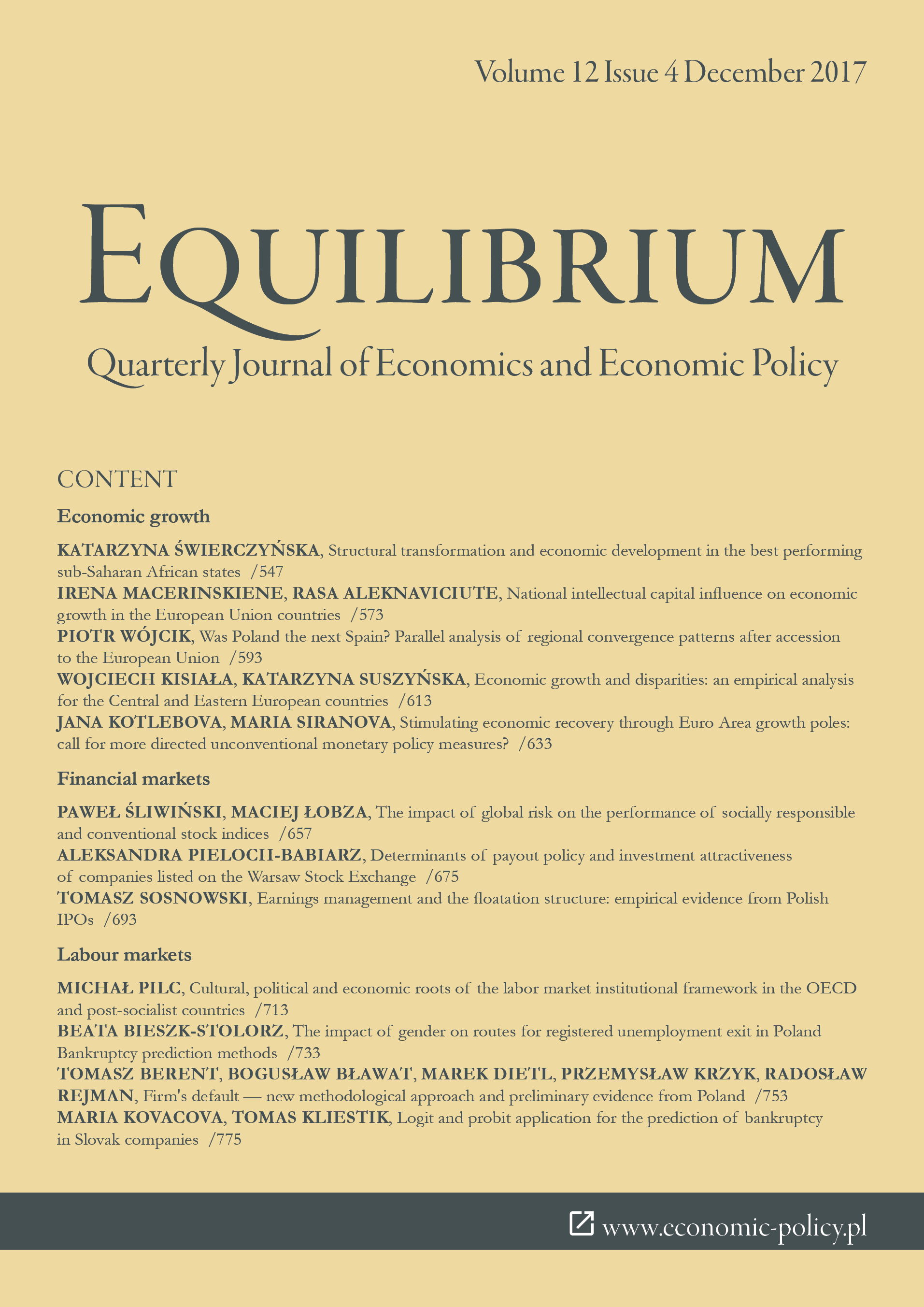Structural transformation and economic development in the best performing sub-Saharan African states
Structural transformation and economic development in the best performing sub-Saharan African states
Author(s): Katarzyna ŚwierczyńskaSubject(s): Economy, Geography, Regional studies, Economic policy, Economic development, ICT Information and Communications Technologies, Socio-Economic Research
Published by: Instytut Badań Gospodarczych
Keywords: economic development; sub-Saharan Africa; technology development; new structural economics;
Summary/Abstract: Economic development in sub-Saharan Africa is of paramount importance, yet it escapes most of the attempts to understand it better in the economic discourse, and it remains a sensitive issue in politics, contradicting stakeholders at national and international levels. The region still lags behind others in terms of technological advancement and economic development. It has grown significantly in the precedent decade, but the extent of growth has not sufficiently translated to its development. Determining strategies for sub-Saharan Africa is a scientific challenge, which requires more attention. In the globalized, interconnected reality, solving problems of the South is in the best interest of the North. Purpose of the article: The aim of this research is to analyze structural changes as factors of economic development in the best performing sub-Saharan African countries on the grounds of new structural economics in order to provide policy implications. Methods: Namibia, Botswana, South Africa and Gabon were selected as best performing economies in the region. Based on the literature review and the analysis of descriptive statistics, profiles of sample countries were set. This in turn allowed to determine the potential explanatory variables for OLS model of economic development. In the model, factors relating to labour productivity, technology and structural change were included. The data was sourced from WDI (World Development Indicators) database, Gretl software was used for computations. Findings & Value added: This paper contributes to the literature by attempting to explain structural changes in the process of economic development in the sub-Saharan region on the sample of best performing states. Results of the study revealed that there is no common way of economic development in sub-Saharan Africa. However, best performing states are characterized by relative advantage in human capital. Based on the results, policy implications were proposed with respect to technology promotion, natural resources management, and quality of institutions. The research was limited by data availability and reliability.
Journal: Equilibrium. Quarterly Journal of Economics and Economic Policy
- Issue Year: 12/2017
- Issue No: 4
- Page Range: 547-571
- Page Count: 25
- Language: English

